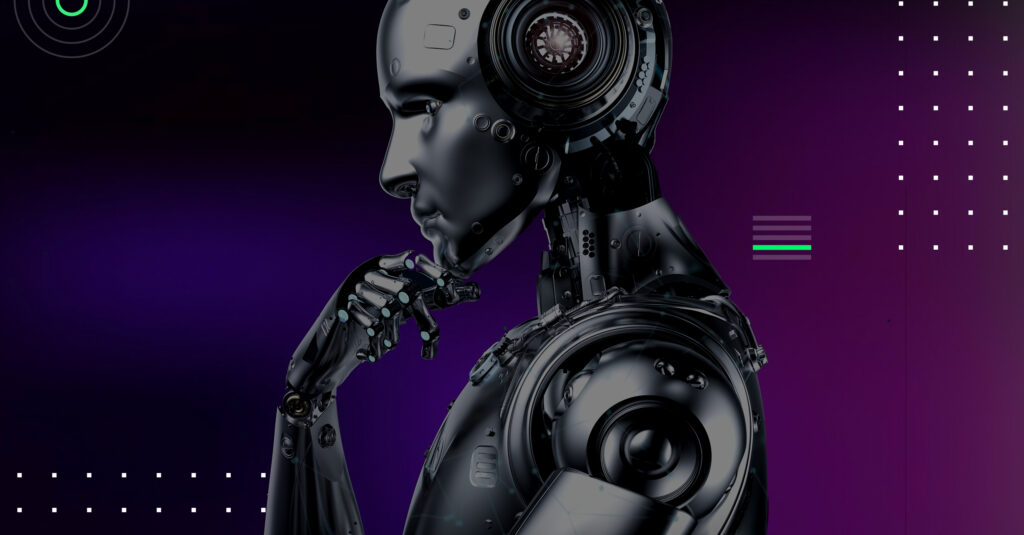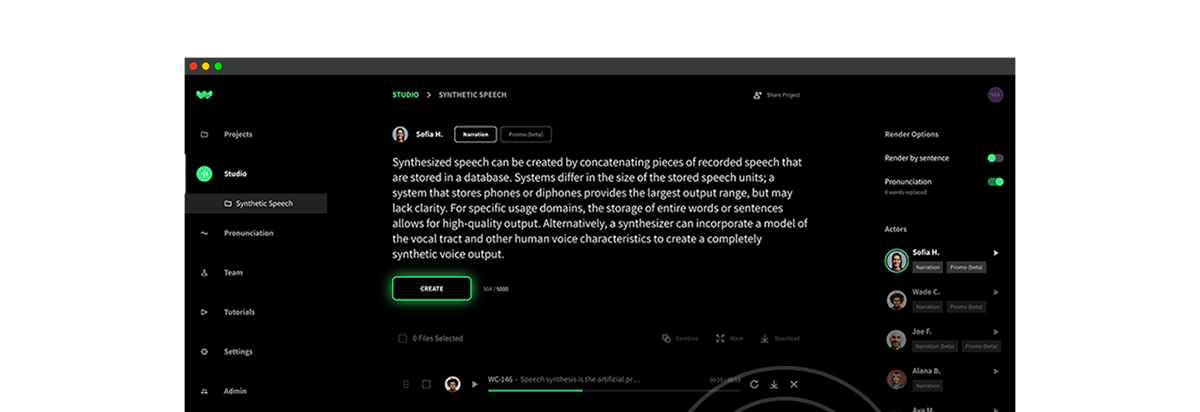Emerging technology in AI voice provides expanded advertising opportunities for voice actors and celebrities. However, it also raises questions about authenticity and transparency in the ownership of one’s voice in an age of digital replication.
That’s what Adweek writer, Patrick Kulp, explored in the article, “Brands Are Turning to Realistic Sounding AI Voices for Ads and Content.”
In the article, California Bay Area hockey commentator, Randy Hahn, remarks on how an AI voice clone has allowed him to produce more revenue-generating content.
Voice personalities like me only have so many hours in a week to take advantage of opportunities as they appear,” Hahn said in a statement. “Now, I can quite literally be in multiple places at once.”
However, with this realistic technology comes a heavy ethical responsibility.
WellSaid Labs Head of Growth Weighs In
Ethical standards at WellSaid Labs have always been of utmost importance. From supporting our voice actor community through content moderation, to our strict prohibition of deepfakes, AI voice ethics are serious.
As Martín Ramirez, Head of Growth at Wellsaid Labs, explains in the article, sometimes these considerations necessitate turning down business that violated our standards.
“It’s not a toy,” Ramírez said. “There is a real impact to society in applying this technology the right way with the proper consent and under the parameters of a well-understood use case.”
Governmental and industry organizations have begun to establish ethical standards for AI voice. However, there is currently little enforcement of any guidelines. It remains the responsibility of AI voice tech companies to monitor themselves in the meantime.
WellSaid Labs is committed to doing our part to evolve AI voice technology responsibly and thoughtfully.




